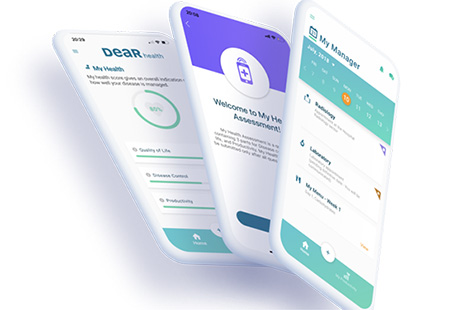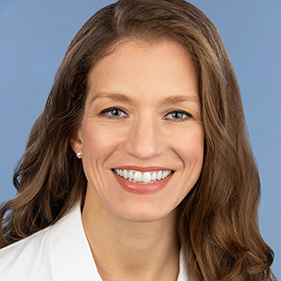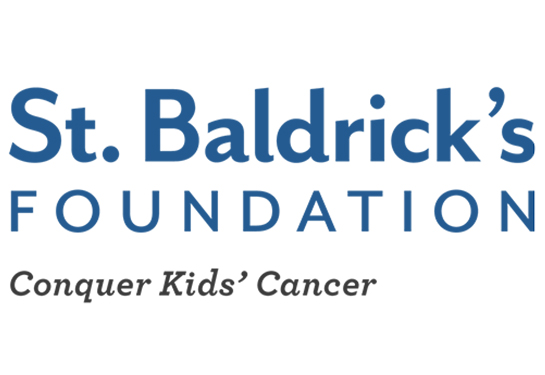New phone app to test AI for improving care for ovarian cancer patients
VIRGO project studies a new approach to helping patients cope with treatment side effects
Can artificial intelligence, or AI, improve treatment experiences, care and outcomes for people with ovarian cancer? Patients at UC Davis Health will have the opportunity to take part in a new multi-campus study that seeks to answer those questions. The project is part of the University of California Cancer Consortium.

The idea is to see if a patient app can help to minimize medication side effects and improve quality of life. Participants will be asked to use an interactive mobile platform to report symptoms and problems, such as nausea, pain or fatigue, as well as their sleep habits and how they are feeling overall.
“The software makes evidence-based treatment recommendations to the patient’s doctor,” UC Davis gynecologic oncologist Rebecca Brooks said. “It isn’t that we think a computer can do a better job than doctors. We want to explore augmenting the care provided by an oncologist by generating AI tailored for that specific patient, available at their fingertips. This app helps ovarian cancer patients get the support they need when they need it and helps to keep track of the details.”
This app helps ovarian cancer patients get the support they need when they need it and helps to keep track of the details.”—Rebecca Brooks, UC Davis Health gynecologic oncologist
Brooks is one of the co-principal investigators for what is being call the VIRGO project or Value-Based Integrated Recommendation Software Guiding Ovarian treatment. The VIRGO software is integrated into the electronic medical record of patients enrolled in the study and securely delivered to their doctors.
To conduct the study, the researchers are recruiting 200 women who have been diagnosed with ovarian, fallopian tube or primary peritoneal cancer. Each participant will be followed for one year. Half will use the app for their surveys, while the other half will receive standard care with surveys done less frequently and manually.
“Many ovarian cancer patients will not be cured, and the side effects from the ongoing medications they take to control their disease can be hard to get used to,” Brooks said. “The app is available in real time and that can make a real difference in addressing things like nausea and pain as quickly as possible so that the patient will feel motivated to stay on the medication and feel supported.”
The patient app also gives provides information regarding nutritional intake, visits, lab results, education and caregiver support. The customized app helps patients take charge of their care and make decisions, such as whether to have surgery or chemotherapy first.
The responsiveness provided by the app platform may show which maintenance medications are more tolerable and have fewer side effects—and that might lead to treatments allowing patients to get more enjoyment from life.
The study is being funded by a grant from GlaxoSmithKline. Along with UC Davis Health, patients are being enrolled from UCLA Health, UC San Diego Health, UC Irvine Health and UC San Francisco Health.
UC Davis Comprehensive Cancer Center
UC Davis Comprehensive Cancer Center is the only National Cancer Institute-designated center serving the Central Valley and inland Northern California, a region of more than 6 million people. Its specialists provide compassionate, comprehensive care for more than 100,000 adults and children every year and access to more than 200 active clinical trials at any given time. Its innovative research program engages more than 240 scientists at UC Davis who work collaboratively to advance discovery of new tools to diagnose and treat cancer. Patients have access to leading-edge care, including immunotherapy and other targeted treatments. Its Office of Community Outreach and Engagement addresses disparities in cancer outcomes across diverse populations, and the cancer center provides comprehensive education and workforce development programs for the next generation of clinicians and scientists. For more information, visit cancer.ucdavis.edu.




